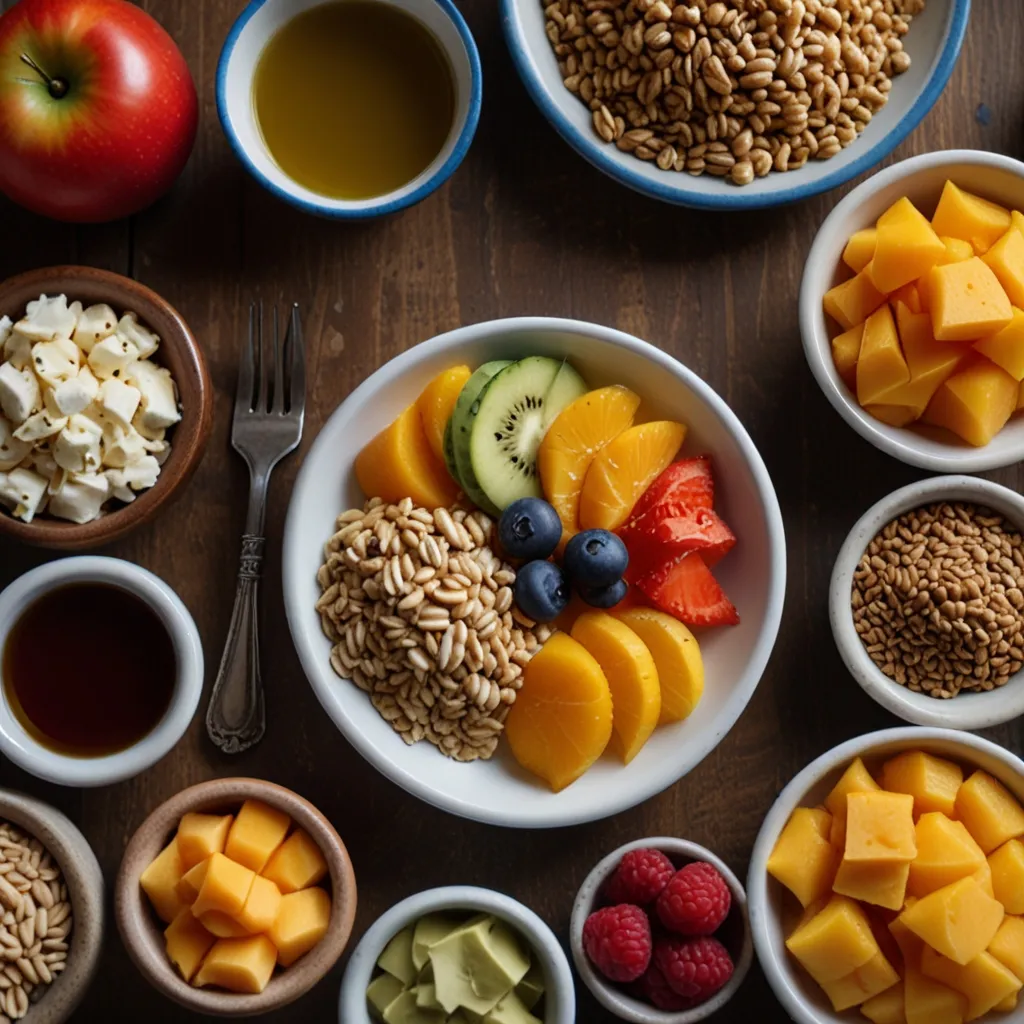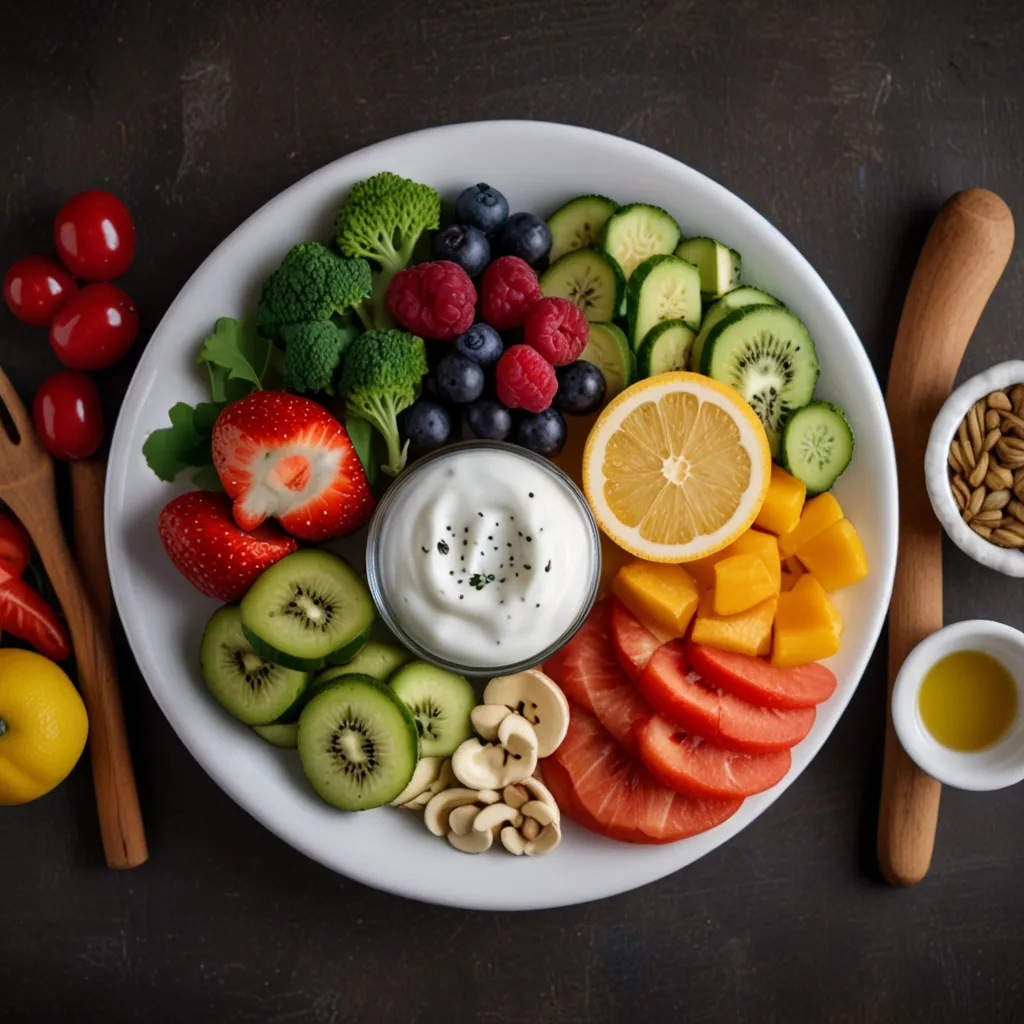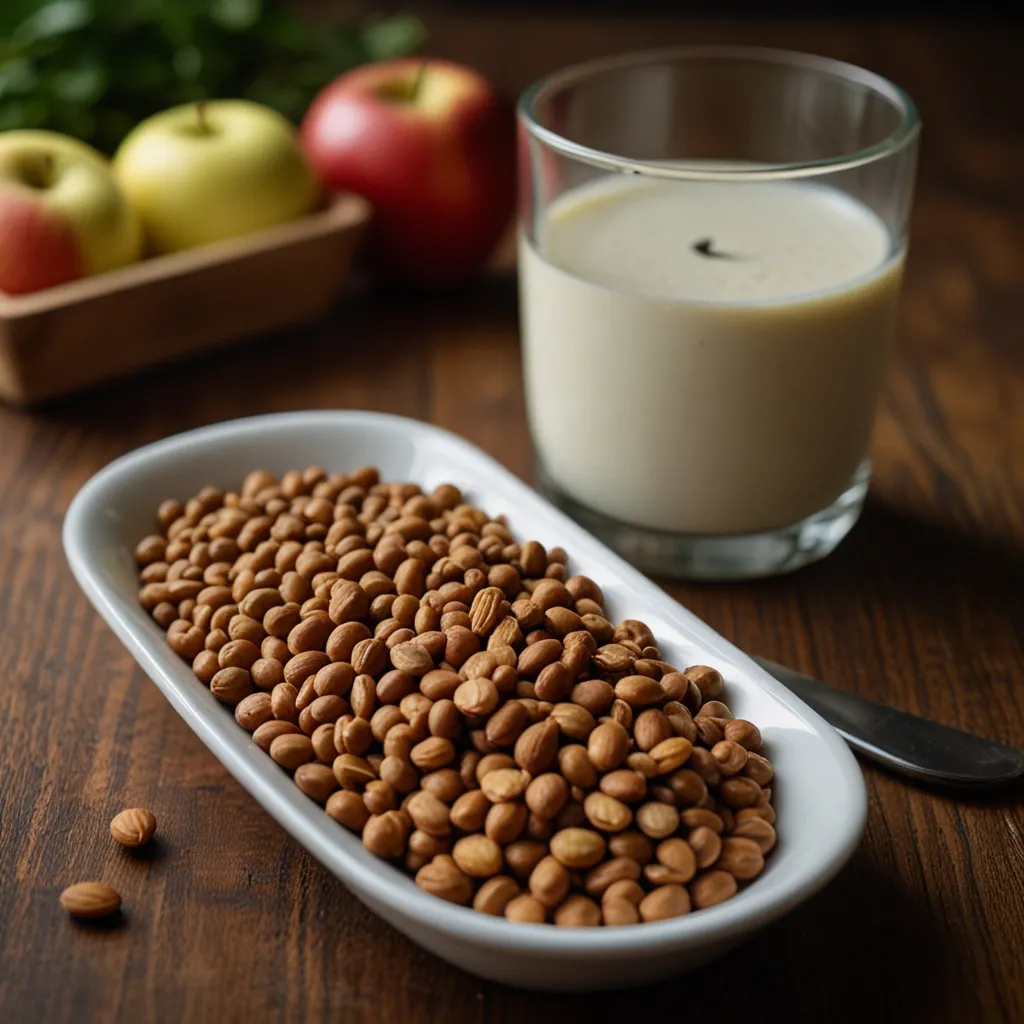The DASH diet, short for Dietary Approaches to Stop Hypertension, is all about managing high blood pressure and boosting overall health. Created by the NIH in the 90s, it zeroes in on eating nutrient-packed foods and steering clear of those brimming with salt, sugar, and unhealthy fats.
The diet focuses heavily on veggies, fruits, whole grains, lean proteins, and low-fat dairy. The idea is to load up on nutrients like potassium, calcium, magnesium, fiber, and protein, which are super important for keeping blood pressure and heart health in check.
For a typical 2,000-calorie daily intake, the DASH diet suggests:
- Veggies: 4-5 servings daily. Mix up the colors to get a variety of nutrients.
- Fruits: Aim for 4-5 servings a day. Fresh is best over canned or dried.
- Whole Grains: 6-8 servings daily. Whole grains are the way to go.
- Low-Fat Dairy: 2-3 servings daily. Stick to fat-free or low-fat options.
- Lean Protein: Keep it to 6 or fewer servings daily. Think lean meats, fish, poultry, beans, and nuts.
- Fats and Oils: 2-3 servings a day. Vegetable oils like olive oil are your friends; steer clear of saturated fats.
- Sodium: Max out at 2,300 milligrams daily. Alternatively, a tighter version cuts it down to 1,500 milligrams.
What to avoid? Processed foods, sugary drinks, fatty meats, and full-fat dairy are on the “No” list.
Following this diet has loads of perks. It’s scientifically backed to lower blood pressure and cholesterol, slash the risk of heart diseases and strokes, aid in weight loss, and even help manage diabetes and metabolic syndrome. You could also be looking at a reduced risk of certain cancers like breast, liver, endometrial, and lung cancer.
Transitioning to the DASH diet is surprisingly doable. Start small, like adding more fruits and veggies to your meals or swapping out refined grains for whole ones. Cook with vegetable oils instead of butter. Plan your meals ahead and watch your portions to prevent overeating.
Common questions pop up, like whether the DASH diet is for everyone (spoiler: it mostly is) and if eggs are allowed (they are).
In summary, the DASH diet is a flexible, nutrient-rich plan that can help manage blood pressure and uplift overall health. By focusing on whole foods and balanced nutrition, it stands out as a solid choice for anyone looking to embrace a healthier lifestyle.






